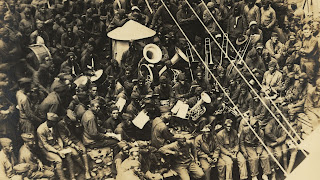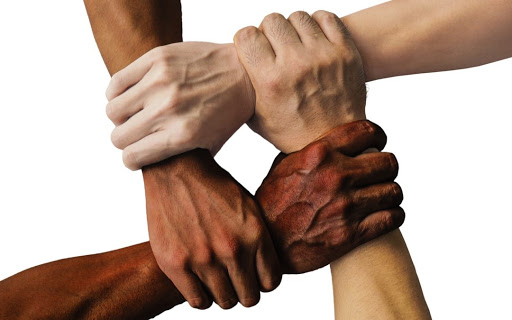Module 6: America Enters The War
"War must be, while we defend our lives against a destroyer who would devour all; but I do not love the bright sword for its sharpness, nor the arrow for its swiftness, nor the warrior for his glory. I love only that which they defend."- J.R.R Tolkien
The “American Dream” refers to ethos or a collection of values that motivates many Americans when they work to build their own lives. This set of values – which involves concepts such as human rights, liberty, equality, and democracy– is ostensibly based on the principle that every person has the freedom and right to pursue happiness and peace regardless of when or through what conditions were born (Amadeo np). A central tenet of the American dream would be the idea that everyone will climb “from rags to riches” by determination and hard work, being financially prosperous and socially mobile upwards. Initially, the Founding Fathers applied the Dream only to American landowners. However, the concept of fundamental human rights became too compelling until legislation was added to expand these rights to former women, slaves, and those who did not own property. Thus, the Dream altered the trajectory of America’s history.
The American dream is not valid for the blacks when America entered the War (between 1916 and 1917). As per the Dream, everybody has equal rights regardless of their origin, either black or white (Yawp chap 21). However, the assignment of units to the soldiers was prevailed by racial attitudes whereby the black troops were barred, and the black soldiers faced in-service segregation units. Also, volunteer black women were segregated by the Jim Crow segregation in the either civilian or military sector. The black women were prohibited from serving as medical personnel. It is, therefore, clear that the American dream was not fulfilled on the side of the Blacks.
On the other side, the American can be said to be fulfilled on the American soldiers themselves. They were favored at the expense of the blacks, and their rights were all through upheld. They did not experience segregation and realized equality on their part.






Good post, needs citations for information and for images.
ReplyDelete